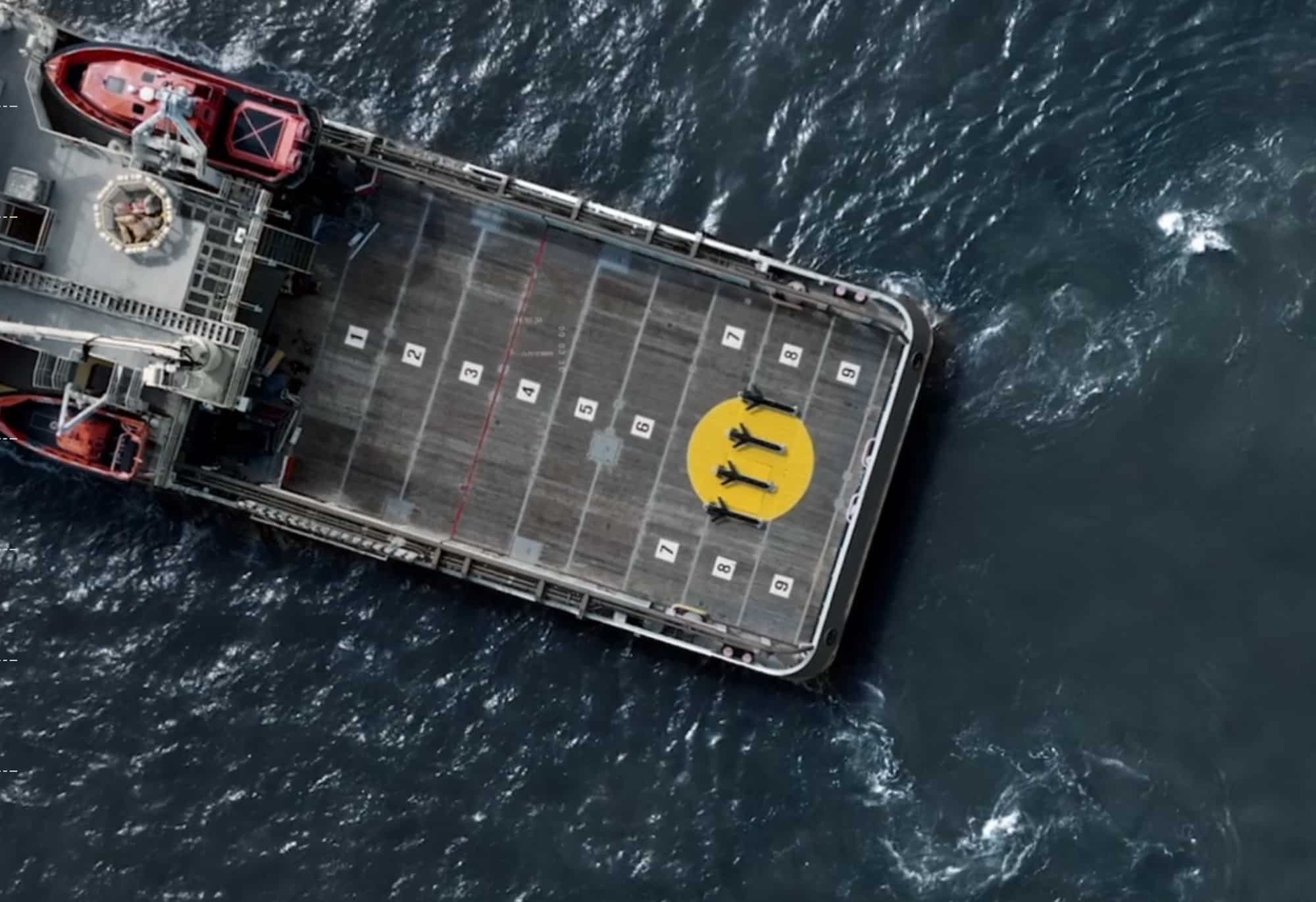Helsing, a Munich-based protection tech startup, has secured a €600 million ($641 million) funding led by Spotify co-founder Daniel Ek, valuing the corporate at €12 billion ($12.83 billion). This funding, reported by the Monetary Instances, fuels Helsing’s enlargement into underwater surveillance with its Lura software program platform and SG-1 Fathom underwater glider, enhancing safety capabilities amid rising world protection calls for.
Advancing Underwater Surveillance Know-how
Helsing’s Lura platform integrates Synthetic Intelligence to course of knowledge from underwater sensors, enabling real-time risk detection and navigation for autonomous methods. The SG-1 Fathom, an unmanned underwater glider, operates at depths as much as 3,280 ft (1,000 meters), providing prolonged surveillance missions with low vitality consumption.

These applied sciences handle crucial wants in maritime safety, corresponding to monitoring territorial waters and defending underwater infrastructure like pipelines. Helsing’s shift from AI software program to {hardware} manufacturing, together with drones and submarines, positions it as a pacesetter in autonomous protection methods.
Trade Traits and Geopolitical Drivers
The funding displays a broader surge in protection tech funding, pushed by geopolitical tensions and the warfare in Ukraine.
“There’s an unlimited realisation that it’s actually now AI, mass and autonomy that’s driving the brand new battlefield,” stated Daniel Ek, Helsing’s chair, within the Monetary Instances.
Drones and AI methods have confirmed pivotal in Ukraine, the place Helsing has provided 1000’s of strike drones manufactured at its southern Germany facility. The corporate’s contracts with the UK, Germany, and Sweden underscore rising demand for AI-driven protection options. European drone makers like Quantum Programs and Tekever, not too long ago valued over €1 billion ($1.07 billion), spotlight the sector’s speedy progress.


Operational and Financial Implications
For drone professionals and protection contractors, Helsing’s applied sciences provide enhanced operational effectivity. The SG-1 Fathom’s capability to conduct long-duration missions reduces the necessity for manned vessels, chopping prices and dangers. Lura’s AI-driven analytics enhance decision-making, enabling sooner responses to threats.
Economically, Helsing’s €1.37 billion ($1.46 billion) in complete capital raised strengthens Europe‘s protection tech ecosystem, fostering innovation and job creation. The corporate’s partnerships with Saab and Mistral improve its platforms, although a stalled collaboration with Rheinmetall suggests challenges in scaling partnerships.


Regulatory and Moral Concerns
As Helsing expands, regulatory scrutiny of autonomous protection methods will intensify. The EU’s strict AI and protection laws require compliance to make sure protected deployment. Moral considerations, significantly round AI in fight, might spark debate, as seen with previous backlash in opposition to Ek’s Spotify over his Helsing investments.
“I’m certain individuals will criticise it and that’s OK,” Ek said, emphasizing his dedication to European safety.
Helsing’s pledge to stay unbiased and pursue a future IPO indicators confidence in navigating these challenges.


Future Outlook for Drone Professionals
Helsing’s developments in underwater drones open new alternatives for leisure {and professional} pilots. The SG-1 Fathom’s expertise may encourage civilian purposes, corresponding to oceanographic analysis or infrastructure monitoring, broadening the Drone Trade‘s scope. With profitable check flights of its autonomous air fight system and plans for unmanned submarines, Helsing is redefining protection tech.
“We’re now at an inflection level… the place we’re going from a software program firm to an all-domain, AI software program and {hardware} firm,” Ek famous, signaling a transformative period for autonomous methods.
Images courtesy of Helsing.
Uncover extra from DroneXL.co
Subscribe to get the most recent posts despatched to your electronic mail.

